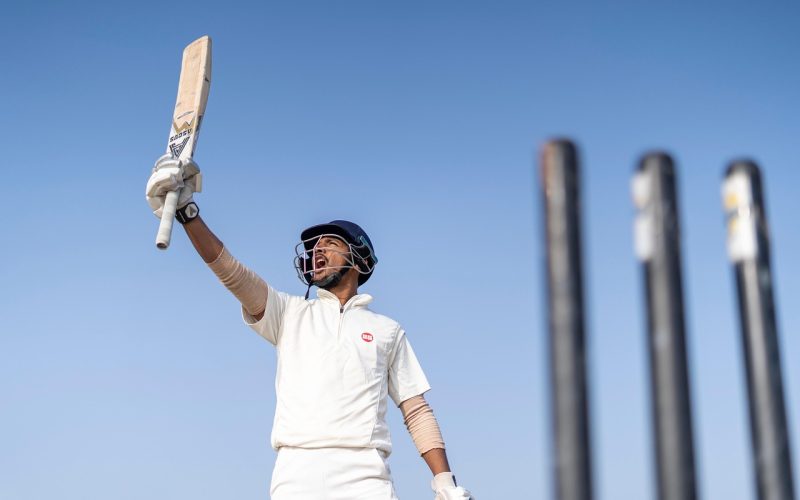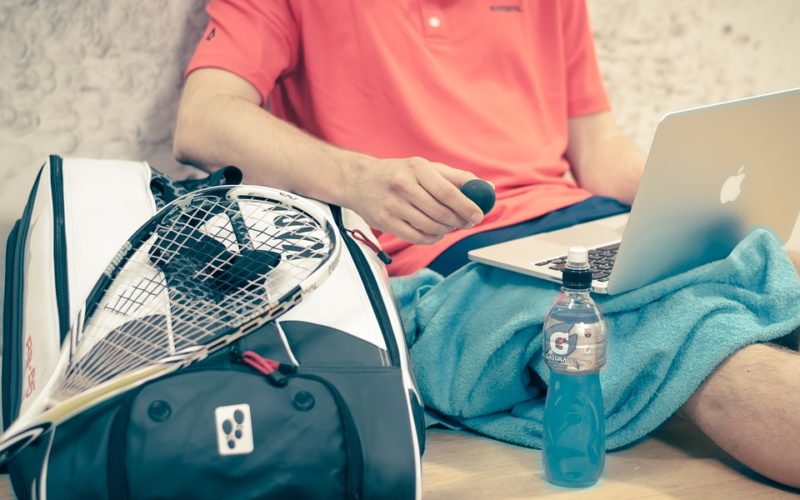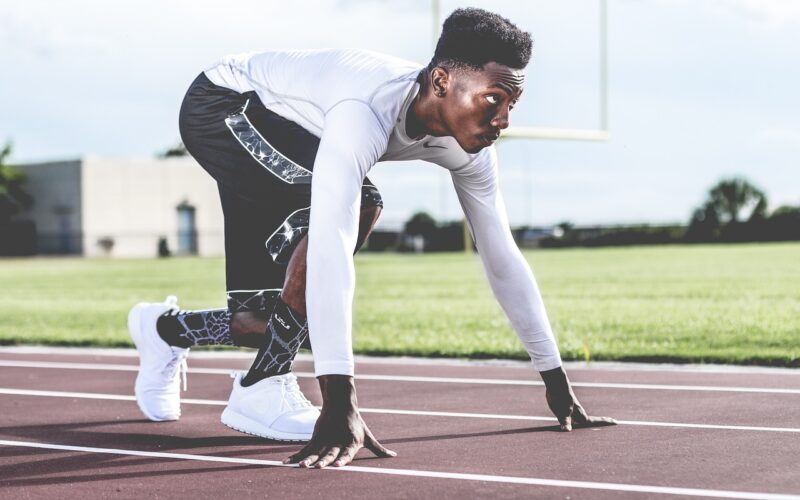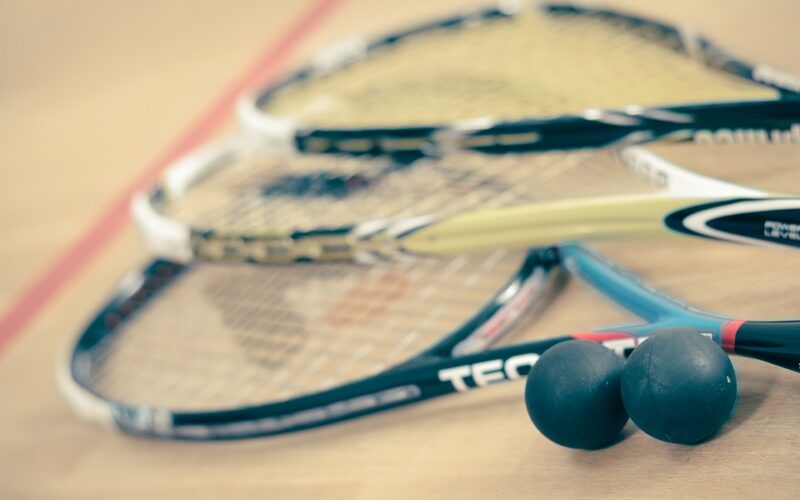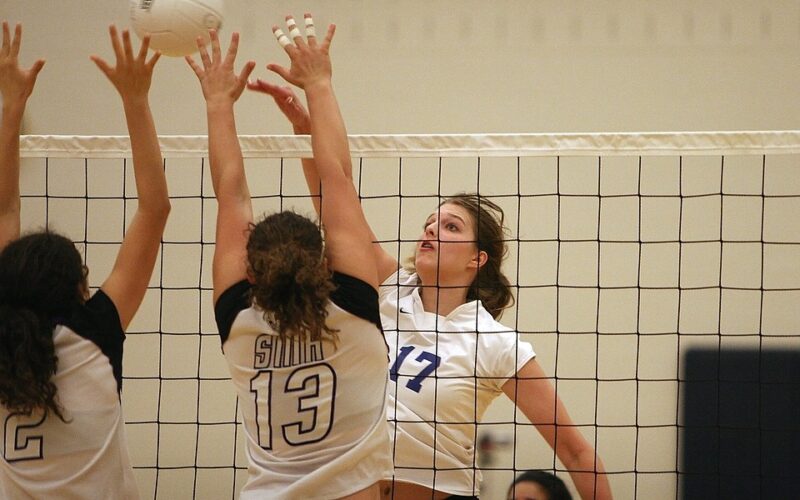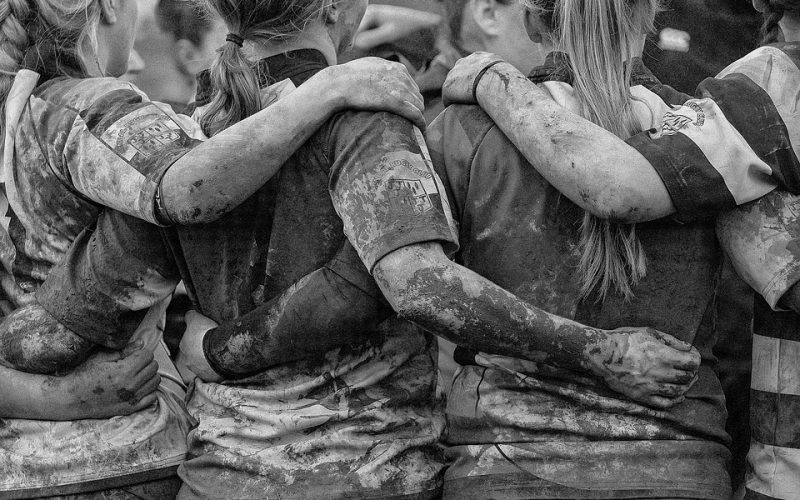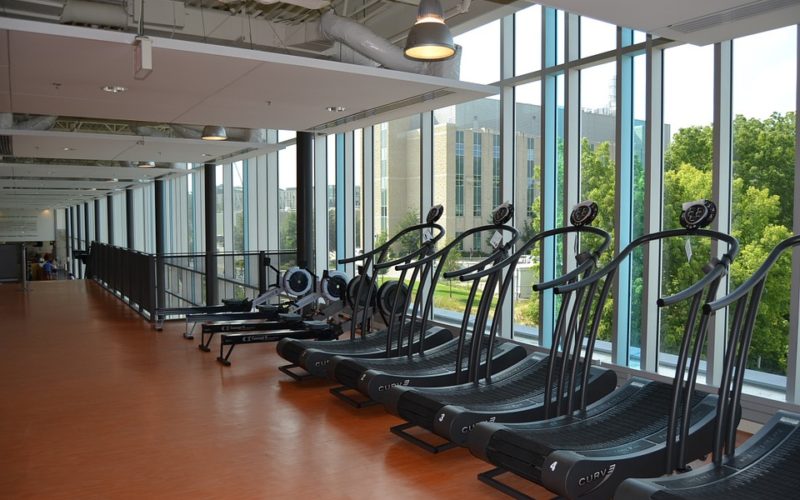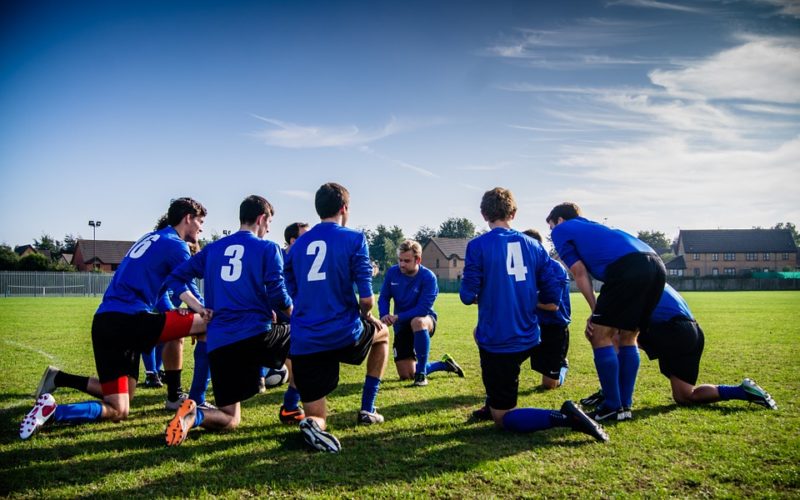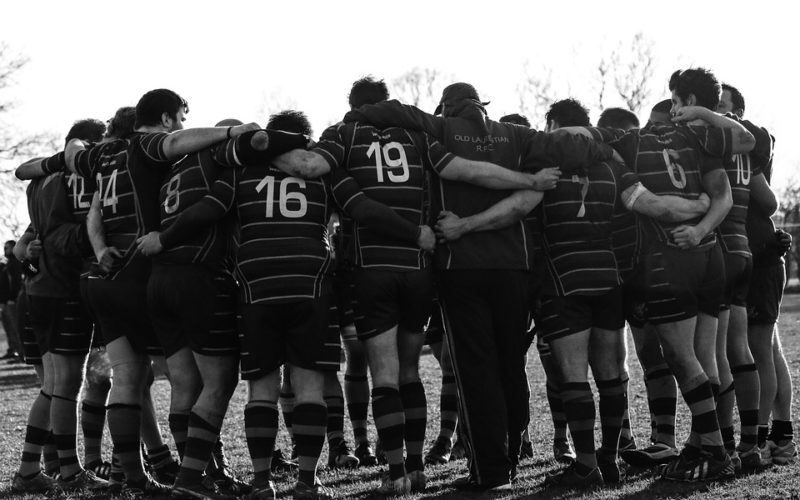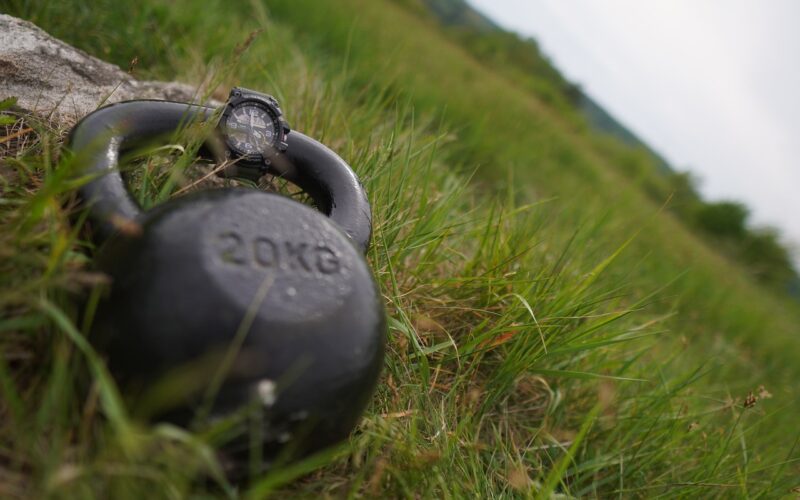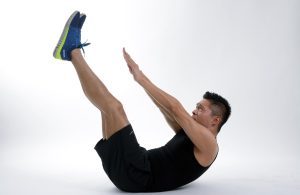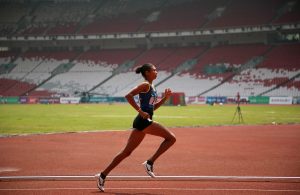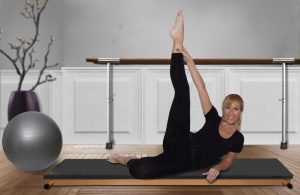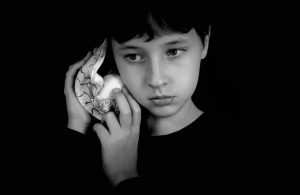Hearing Loss on Sports Performance
In the high-stakes world of competitive sports, athletes are constantly seeking a marginal gain. They meticulously optimise their nutrition, sleep, and physical conditioning, yet one critical sensory input is often overlooked: hearing. While vision is widely recognised as essential for tracking balls and opponents, auditory cues play a surprisingly vital role in spatial awareness, reaction time, and team communication.
When an athlete experiences a decline in auditory function, the "silent game" becomes significantly harder to play. Understanding the impact of hearing loss on sports performance is crucial not just for professional athletes in roaring stadiums, but for anyone who enjoys the camaraderie and competition of the game. It requires a shift in perspective to acknowledge that hearing is as much a part of an athlete's toolkit as their speed or strength.
What is Hearing Loss in the Athletic Context?
To grasp the full impact, we must first answer the fundamental question: what is hearing loss within the context of athletic performance? It is rarely a simple case of "volume turned down". More often, it manifests as a loss of clarity and an inability to filter relevant sounds from background noise. In a sporting environment, this is critical.
Hearing loss can be sensorineural (damage to the inner ear or nerve pathways) or conductive (sound not reaching the inner ear), but the result for an athlete is a compromised feedback loop. Sound helps us localise objects in space; the scuff of a boot behind you tells you a defender is closing in, while the specific 'crack' of a bat or racket offers instantaneous data on the speed and spin of a ball.
When these high-frequency cues are lost or muffled, the brain must work harder to process incomplete information. This increased cognitive load can slow down reaction times by milliseconds—an eternity in fast-paced sports. Furthermore, many athletes suffer from noise-induced hearing loss caused by the very environments they compete in, creating a cycle where the sport itself contributes to the sensory decline.
The Cauldron of Noise: Team Sports and Stadiums
Nowhere is the challenge more acute than in team sports played within the acoustic chaos of a stadium. In football, rugby, or basketball, communication is the bedrock of strategy. Players constantly shout instructions, call for passes, and warn of blind-side tackles.
For a player with hearing impairment, the "cocktail party effect"—the brain's ability to focus on one voice amongst many—is severely diminished. In a stadium filled with tens of thousands of screaming fans, distinguishing a teammate's voice from the crowd noise becomes nearly impossible. This can lead to missed tactical shifts, late reactions to a referee's whistle, or collisions caused by a failure to hear an approaching opponent.
The mental energy required to decipher these auditory puzzles can lead to rapid mental fatigue, causing performance to dip late in games not due to physical tiredness, but due to sensory exhaustion.
The Subtle Acoustics of Tennis
While team sports battle volume, individual sports like tennis rely on subtle acoustic fidelity. The sound of the ball striking the racket strings provides immediate, vital information to the opponent. A clean, crisp "pop" indicates a flat, fast shot, while a "brushing" sound suggests heavy topspin. Studies have shown that when players are deprived of this auditory information, their reaction times are slower and their ability to predict the ball's trajectory is significantly impaired.
Hearing loss strips away this layer of data, forcing the player to rely solely on visual cues, which can sometimes be deceptive. Managing this deficit requires intense focus on visual anticipation, reading body language and racket face angle earlier than a hearing opponent might need to. It changes the rhythm of the match, turning it into a purely visual exercise where the 'feel' of the game is partially numb.
The Psychological Game
Beyond the physical mechanics, coping with hearing loss presents a significant psychological hurdle for athletes. There is often a stigma attached to showing weakness in sports, leading many to hide their condition for fear of being benched or viewed as a liability. This concealment can lead to immense anxiety and isolation within a team structure.
Coping strategies often involve developing a heightened reliance on visual signals. Athletes might agree on specific hand gestures with coaches and teammates to bypass verbal commands. They learn to position themselves on the field or court in ways that maximise their visual field, compensating for their inability to hear what is happening behind them. Successful coping also requires self-advocacy—having the confidence to inform officials and teammates of their needs, ensuring that key information is conveyed face-to-face rather than shouted across a windy pitch.
Managing Hearing Loss with Technology
Fortunately, we live in an era where managing hearing loss in sports is more viable than ever, thanks to rapid technological advancements. The primary tool remains the hearing aid, but modern devices are far removed from the bulky, fragile units of the past. Today's sports-optimised hearing aids are rugged, water-resistant (boasting high IP ratings to withstand sweat and rain), and shock-proof.
Advanced digital signal processing allows these devices to suppress wind noise—a major complaint for outdoor athletes—while enhancing speech frequencies. Some elite athletes use hearing aids that can be adjusted via smartphone apps to suit the specific acoustic profile of a training hall versus an outdoor stadium. For those with severe loss, cochlear implants have also become robust enough for contact sports, often worn with protective headgear. Technology bridges the gap, allowing the brain to access the auditory cues necessary for peak performance.
Challenges in Communication
Hearing loss does not have to be a career-ending diagnosis for an athlete. While it presents undeniable challenges in communication, spatial awareness, and reaction time, the human body is remarkably adaptable. By understanding the specific deficits caused by hearing loss and employing a combination of modern technology, open communication, and visual compensation strategies, athletes can continue to compete at high levels.
The key lies in breaking the silence around the issue. Regular hearing screenings should be as standard in sports medicine as vision tests and cardiac checks. When we prioritise auditory health, we ensure that athletes can stay in the game, fully engaged and performing at their absolute best.
